Inflammation of the prostate is a complex disease, but it is curable. You should seek immediate medical attention at the first symptoms, as self-treatment can lead to serious complications - infertility, impotence, tumor complications, and possibly death. Modern medicines for the treatment of prostatitis quickly and effectively fight the disease. Drug therapy is at the forefront of treatment and is widely used in different stages of the disease.

Medical treatment of prostatitis
The use of certain drugs and their effectiveness depend on the pathogen, the form and extent of the disease. Antibiotics are widely used to treat acute and chronic forms of bacterial prostatitis. These drugs are also effective in nonbacterial prostatitis when the disease is permanent.
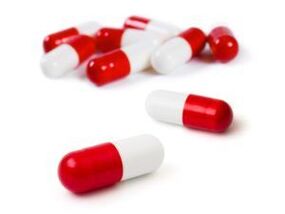
For the treatment of the prostate, a complex technique is used, and several drugs belonging to different groups are prescribed according to the method of exposure and the effect of the treatment:
- antibiotics or other antimicrobial medications;
- cramps and pain relievers;
- Adrenergic blockers that reduce muscle tissue tone;
- Immunomodulators that stimulate the activity of the immune system;
- hormones and antihistamines;
- vitamin and mineral complex;
- Anticholinergics.
All appointments are made by a urologist based on the results of tests and examinations. Treatment includes:
- The inflammatory process stops;
- relieve the patient's health;
- Eliminates the cause of disease development.
Often, complex drug therapy is used, including several types of drugs, details of which are given in the table.
| Drugs | describe | Purpose |
|---|---|---|
| antibiotic | Kills disease-causing Gram-negative and Gram-positive bacteria. Primary remedy. | Effective in the case of detection of bacterial infection. They are prescribed based on an analysis of drug secrets and antimicrobial spectrum, which determines the susceptibility of microorganisms to drugs. |
| immunomodulator | Restore the body's protective function and activate immune active cells. | Recommended when immunity is weakened, they are almost always used to treat severe forms of prostatitis. Effective against viral, helminthic, allergic inflammations of the prostate. |
| alpha blockers | The possibility of blocking the interaction of adrenoceptors with epinephrine and norepinephrine. They are second-line treatments. | They are prescribed to reduce tension in the prostate, blood vessels, and bladder due to an imbalance between the sympathetic and parasympathetic nervous systems. |
| NSAIDs | Anti-inflammatory drugs. They block the formation of prostaglandins, which cause fever, convulsions, and muscle pain, which can lead to genitourinary dysfunction. | They are used as adjuvant drugs for symptomatic treatment in complex drug therapy of acute and chronic diseases. |
| painkiller | Painkillers that relieve pain syndrome provide pain relief. The pain subsides for a while. | Discharge pain relief, different parts, the characteristics are unbearable. |
| botanical pills | They are made from natural substances of plant or animal origin. | They are used as add-on medicines and for preventive purposes. |
Each group of drugs is described in detail below, however, it should be remembered that this information is for informational purposes only and any appointments are made with a urologist and the treatment is carried out under his supervision.
antibiotics for prostatitis
Antibiotics are the mainstay of treatment for bacterial prostatitis. Depending on the pathogen, the presence or absence of concomitant infectious diseases, and a certain course of nonbacterial inflammation of the prostate, the attending physician can decide on their appointment. Broad-spectrum drugs are mainly used. Taking into account the severity of the course of the disease, the drug is prescribed in the form of tablets, intramuscular or intravenous injections, droppers.
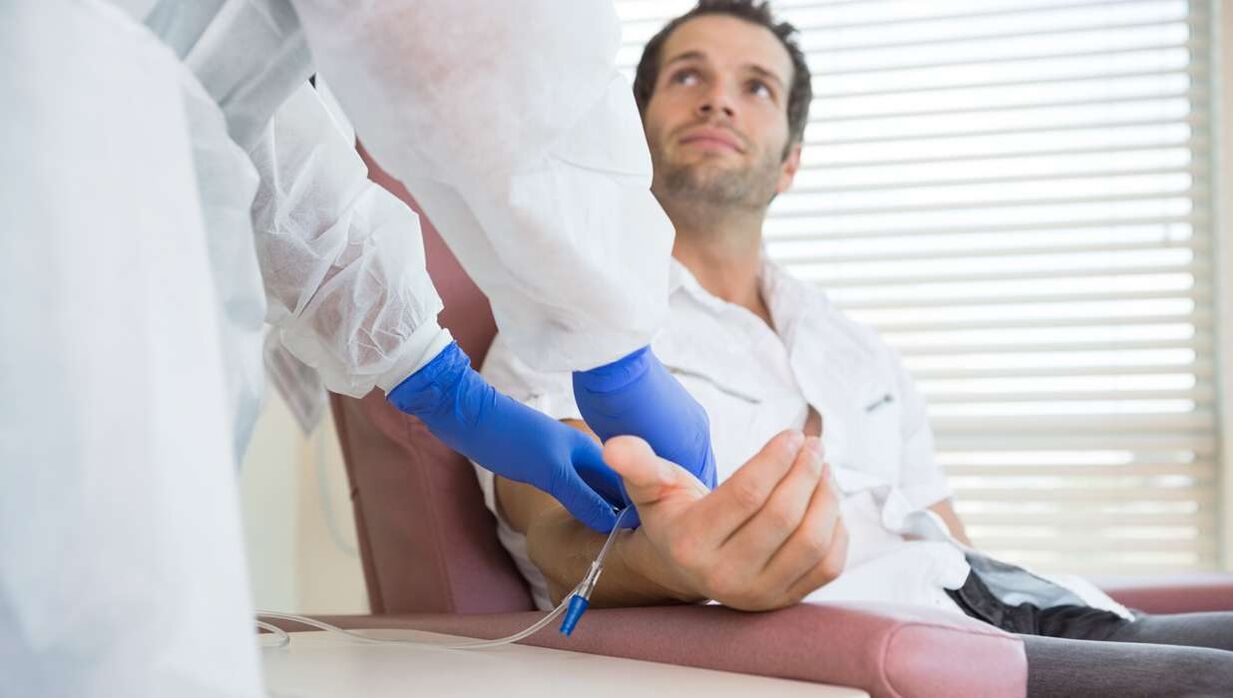
Treatment of acute prostatitis without antibiotics is ineffective because the disease is usually caused by a bacterial infection. Using this group of medicines can keep your condition under control. The course lasts about two weeks, and you feel relaxed already in the first few days.
The treatment of chronic prostatitis is much more complicated. In this case, antibiotics were prescribed according to the indication of CFU in perigonadal animals against the background of clandestine leukocytosis. The course of treatment is longer, up to 6-8 weeks. The choice of drug should be based on the indications of the antimicrobial spectrum.
For asymptomatic prostatitis, antibiotics are prescribed only according to the indications:
- infertility;
- Before surgery;
- Before taking prostate tissue for biopsy;
- When identifying pathogens such as gonorrhea or chlamydia.
Antibiotics are also necessary if non-bacterial prostatitis is caused by a parasitic or fungal infection, occurs against the background of other bacterial diseases, etc.
important! Antibiotic therapy should be supplemented with antifungal drugs and probiotics necessary to restore the gut flora.
Why are immunomodulators prescribed for prostatitis?
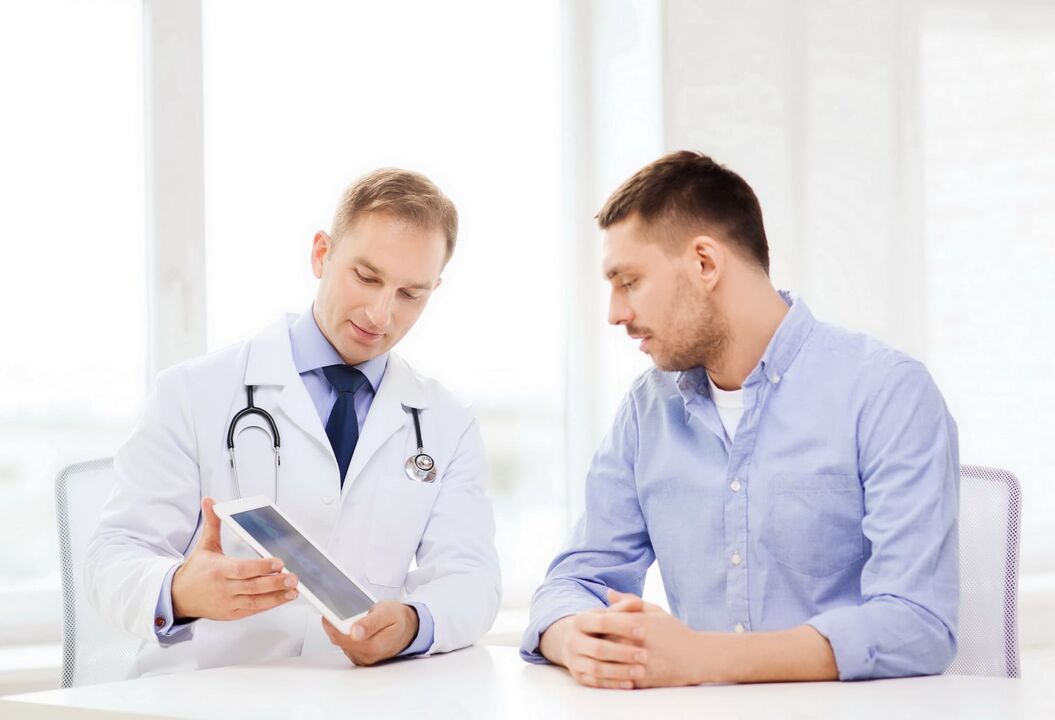
Inflammation of the prostate is a serious disease, as a result of which the protective functions of the body are significantly weakened. Especially in the case of chronic prostatitis, when the immune system is at its limit. Regardless of the type and form of prostatitis, preparations that stimulate its work will significantly speed up the healing process. They are effective in cases of viral damage when antibiotics are ineffective.
The wrong prescription of immunostimulants can adversely affect the health of the patient, so it is necessary to consult an experienced immunologist.
important! In order to obtain accurate information on the state of the immune system, it is recommended to use the Immunogram.
The course of treatment should not exceed two weeks. You cannot take two immunomodulators with similar effects at the same time.
For categories such as viral and allergic prostatitis, as well as diseases caused by protozoa and helminths attacking the body, accompanied by a sharp decline in immunity, the choice and use of immunostimulatory drugs is crucial for successful treatment.
α receptor blockers and their application characteristics in the treatment of prostatitis
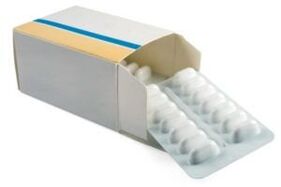
In the course of an inflammation of the prostate, problems with urination inevitably arise due to the high tone of the musculature of the genitourinary system. To eliminate this problem, you need to relax your muscles. For these purposes, alpha-adrenergic blockers are used, which block the release of adrenaline, smoothing muscle tissue by acting on receptors in the bladder and prostate.
Alpha-blockers belong to the second-line drugs and are used as symptomatic treatment in complex drug therapy. Their action is aimed at normalizing the pressure in the urethra, reducing the tone of the smooth muscles of the bladder and its neck, the prostate. As a result, the symptoms were relieved, manifested as frequent urination and painful urination.
The effective rate of the drug is 48-80%. After taking it:
- Normalization of the urine outflow process;
- Pain relief;
- return of libido;
- stagnation of blood in the pelvis;
- Reduce benign growths.
This group of drugs is not only used in urology, but also widely used in the treatment of other diseases. The duration of treatment is determined by the attending physician.
All drugs alpha blockers are divided into two groups:
- Selective with minimal side effects. Selectively blocks alpha-1-adrenergic receptors located in the bladder and prostate. Often causes retrograde ejaculation.
- Non-selective, affects the sensitivity of all alpha receptors, has a significant effect not only on the genitourinary organs, but also on the central nervous system.
Treatment of prostatitis with alpha-blockers can significantly increase the effectiveness of antibiotics and anti-inflammatory drugs, thereby speeding up the time to cure the patient. They are especially necessary for patients with prostatitic hypertension.
There are contraindications to its use, ignoring them can lead to the development of orthostatic collapse and other serious consequences. It is also important to follow the rules for combining the medicine with other medicines.
attention! The decision to link alpha-blockers to treatment should only be made by the attending physician.
Nonsteroidal Anti-Inflammatory Drugs (NSAIDs)
These drugs have anti-inflammatory, cooling, and analgesic effects, and are only considered as auxiliary drugs. Due to their use, the production of prostaglandins involved in the development of inflammation is suppressed. After taking NSAIDs, the intensity of the inflammatory process is significantly reduced, and:
- Reduced congestion and restored blood flow to glandular tissues;
- Relieves pain and stops spasms;
- The temperature drops and the heating state stops.
Appointments are made by the attending physician, and in urgent cases, for example, an independent appointment. Without complex medication, these drugs, when used without a prescription, can only worsen the health condition.
NSAIDs are available in the following dosage forms:
- pill;
- Candle;
- injection.
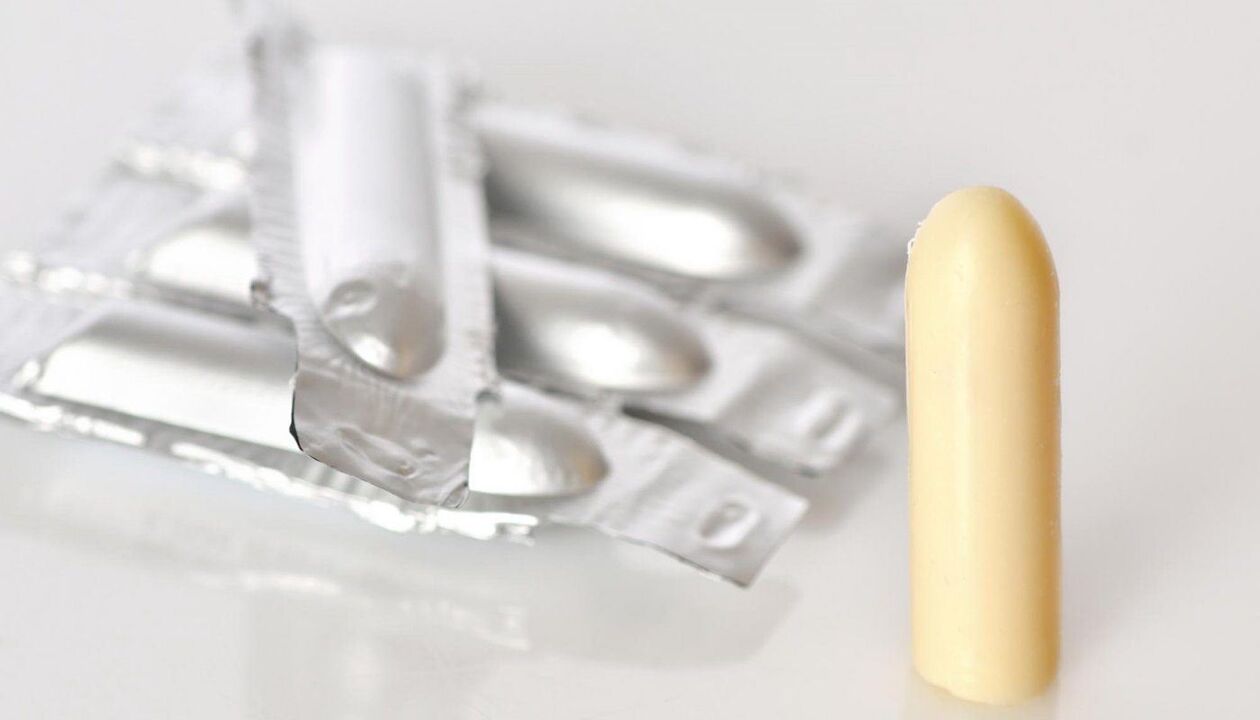
Relief occurs within 10-30 minutes after taking the required medication. If you experience discomfort and discomfort from using this drug, you should seek immediate medical attention. The most popular drugs based on ibuprofen, ketoprofen, and diclofenac for the treatment of urological disorders, because they have the fewest side effects and are particularly highly effective.
Combination rectal suppositories (candles melted by body heat) may contain antibacterial, analgesic, and anti-inflammatory substances that have a marked effect on the course of the disease.
Diclofenac-based drugs ranked first in popularity.
prostatitis pain reliever
The most popular pain relievers used to treat prostatitis are pain relievers.
Another dosage form, a suppository, is more effective than tablets because it acts directly on the affected area. Novocaine preparations occupy the leading position, however, their independent use is not acceptable, since accurate calculation of dosage is required, otherwise allergic reactions may occur. It is also possible to overdose, accompanied by nausea and vomiting, hallucinations, convulsions, fear, panic, etc.
Candles with belladonna are not only anesthetic, but also antispasmodic and anti-inflammatory. Effective methods are suppositories, tablets, and injections.
Many anti-inflammatory drugs, including rectal suppositories, have pain-relieving properties.
Regular use of pain medication is very dangerous as it can easily lead to complications. Reasonable single reception to relieve excruciating pain.
Should I be taking herbal pills?
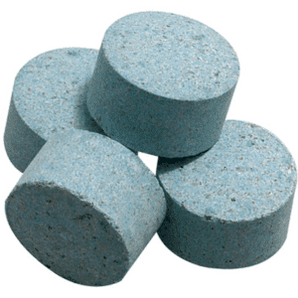
Medicines made from natural ingredients are very different from their "synthetic medicines". The advantages of herbal medicine are: unique composition rich in natural (unaltered) bioactive drugs, high bioavailability of drugs, low allergenicity, and environmental friendliness.
Homeopathic remedies and herbal preparations are gaining in popularity, but replacing antibiotics and anti-inflammatories is not only ineffective, but harmful to health.
These drugs are safe and do not harm the body when used as part of a complex regimen. However, their reception should be coordinated with the attending urologist.
In order to achieve the effect, it is necessary to take herbal preparations for several months, during which time acute prostatitis turns into a chronic phase, and at an advanced stage it becomes complicated, develops into a disease requiring surgery, and even becomes the cause of tumors.
herbal prophylaxis
The use of herbal preparations in any form is justified if used only as an additional means. Homeopathic remedies have been used with good results for prophylaxis and home use after a complete course of treatment.
Herbal preparations have the following properties:
- Diuretic effect, there are tablets and teas such as tansy, horsetail grass, bearberry and so on. Thanks to them, the prostate tissue is cleared of bacteria, viruses and toxins produced as a result of their vital activity.
- Inhibitory inflammatory processes in the prostate. Calendula, Yarrow, Bearberry, St. John's Wort and Sage are used in its manufacture.
- Tablets based on chestnuts and sweet clover improve blood circulation and decongest the prostate.
- Maintaining the immune system is done with the help of ginger, ginseng, mint and lemon.
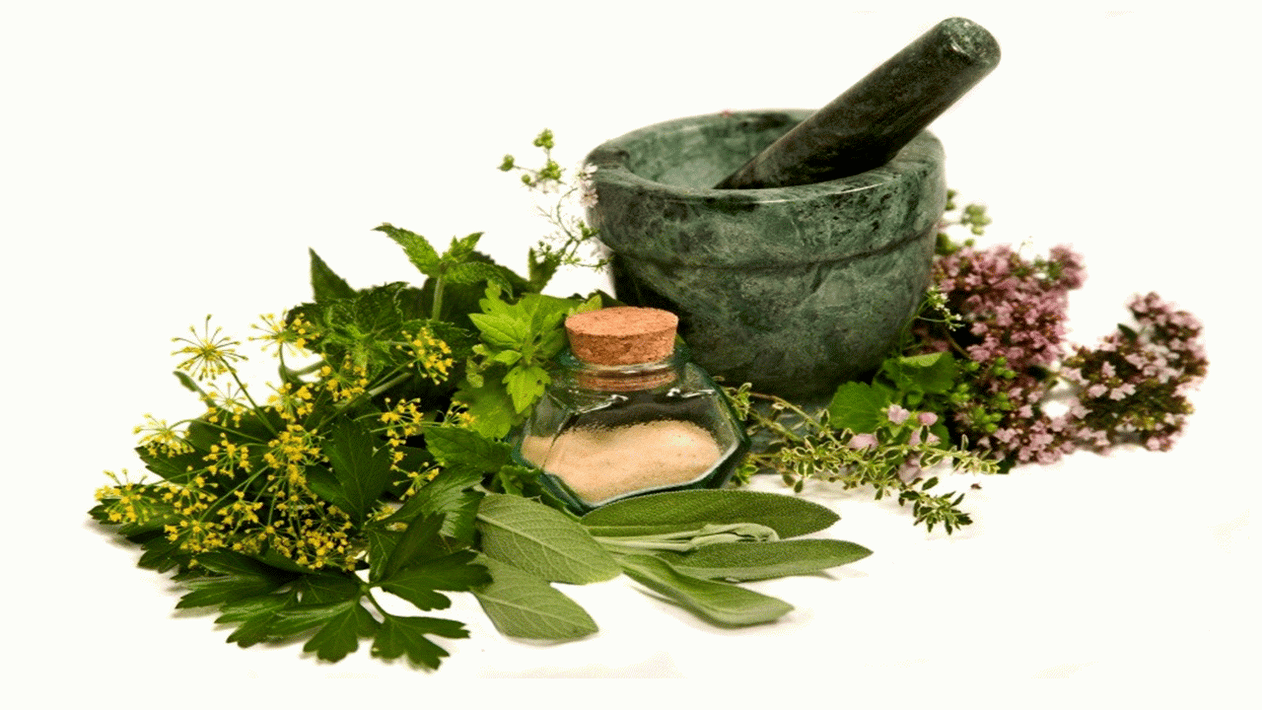
For men at risk, it is recommended to take specialized preventive medicines: vitamin and mineral complexes, dietary supplements, herbal preparations - tablets, suppositories, herbal preparations. They are also useful for restoring health and potency after medication.
Preventive agents can be targeted or have broad effects. As with medicinal purposes, all prophylactic prescriptions are prescribed by a physician. Even the most innocuous products can endanger your health if used incorrectly.
Recovery after illness does not require hospitalization, and the patient can stay at home. Depending on the prescribed medical procedure, they may be performed in a clinic or nursing home.






























